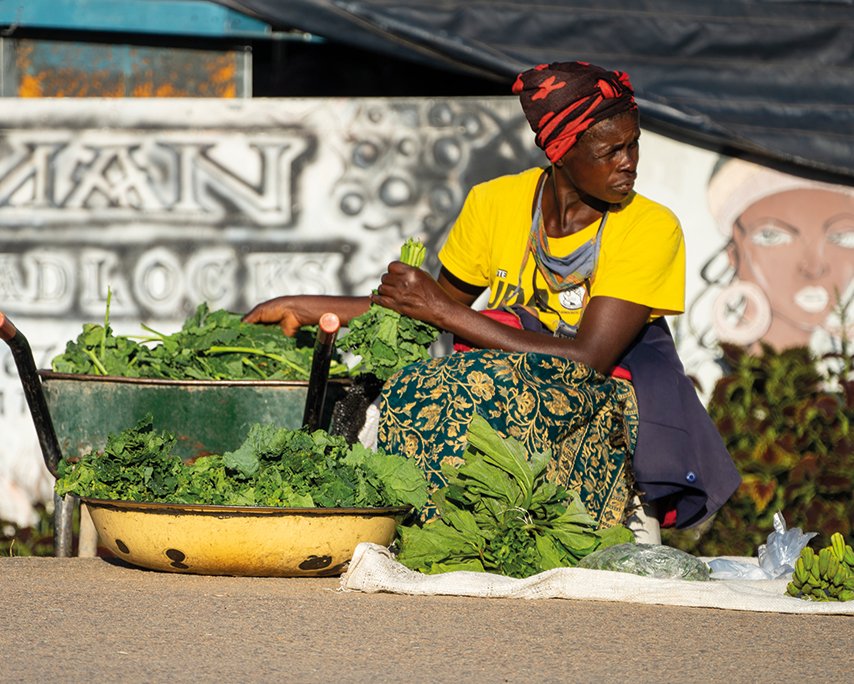World Food Safety Day
We all play a part in keeping our food safe
Ensuring that our food remains safe and healthy requires the combined efforts of various stakeholders at every stage of the food supply chain. Food safety is a shared responsibility that affects everyone, from farmers and food processors to retailers and consumers. This year, World Food Safety Day, under the theme “Food safety is everyone’s business”, underscores the need to play our part to prevent foodborne illnesses, protect public health and maintain trust in our food systems. However, to make this a reality, education and awareness are crucial to ensuring food safety. Public health campaigns, food safety training programmes, and educational resources help inform the communities we serve about best practices and their roles in maintaining food safety. By staying informed and vigilant, everyone can contribute to a safer food supply.
Education and awareness are fundamental components in ensuring food safety. They empower individuals and organisations at every stage of the food supply chain to adopt and maintain best practices that prevent contamination and foodborne illnesses. One of the primary goals of food safety education is to reduce the incidence of foodborne diseases caused by bacteria, viruses, parasites or chemicals that can lead to serious health problems, including hospitalisation or even death. Educating people about proper food handling, preparation and storage techniques significantly lowers the risk of contamination and the spread of harmful pathogens.
Food industry professionals, including farmers, processors and retailers, must adhere to strict food safety standards. Providing continuous education and training ensures that these professionals stay up-to-date with the latest food safety regulations and practices. For instance, farmers can learn about integrated pest management, a sustainable approach to pest control that incorporates various strategies to manage pest populations effectively. Additionally, they learn about the safe use of fertilisers, while food processors and retailers can benefit from training on hazard analysis and critical control points (HACCP) systems. In the case of consumers, they play a crucial role in food safety as they are the final handlers of food before it is consumed. Educational initiatives should educate consumers on how to wash hands and surfaces properly, cook food to the correct temperatures, avoid cross-contamination and store food safely. Knowledge about reading food labels and understanding expiration dates also helps them make informed decisions that contribute to food safety.
Building a culture of food safety
Creating a culture of food safety requires a collective commitment from all stakeholders involved in the food supply chain. Education and awareness campaigns foster this culture by highlighting the importance of food safety and encouraging everyone to take responsibility. Schools, community organisations and media play a significant role in spreading food safety messages and promoting a culture of vigilance and commitment. Advancements in technology and innovation can also enhance food safety education and awareness. Online training programs, mobile apps, and social media platforms can provide accessible and engaging educational content to a wide audience. Additionally, innovative tools such as blockchain for traceability and advanced monitoring systems can help ensure transparency and accountability in the food supply chain.
By investing in food safety education, we build a safer, more reliable food supply chain that protects public health and supports global food security. This shared responsibility requires continuous effort and collaboration from all stakeholders.



